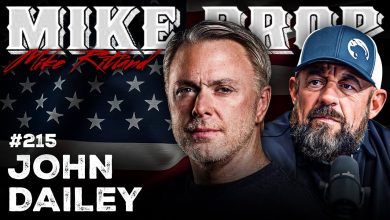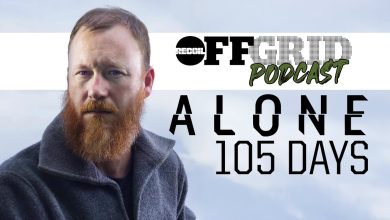Homicide In America: It’s Not The Guns
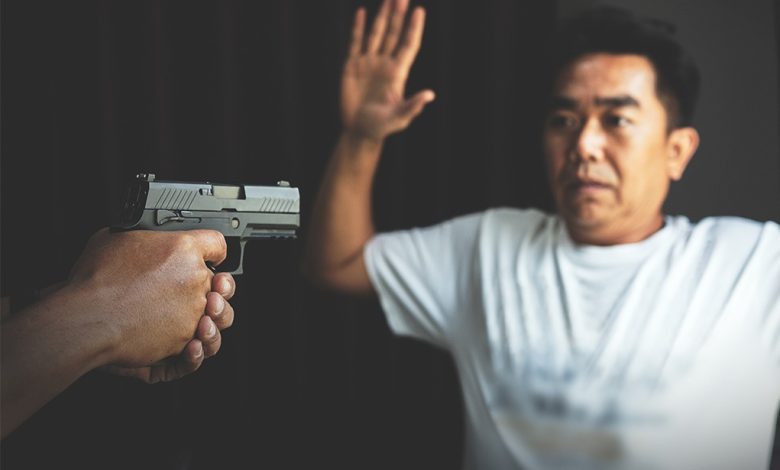
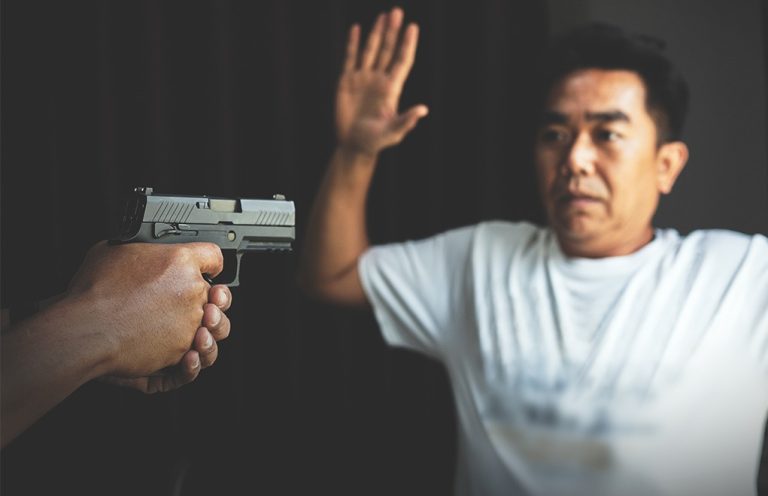
When it comes to murder in America, it’s not the guns, it’s not the genetics and it’s not the economics. It’s the dads.
Repeatedly in the press, we see “it’s the guns, it’s the guns, it’s the guns” as the explanation for homicide in the United States, but this rhetoric only serves to obscure the actual homicide problem. I don’t believe Black Americans are more inherently violent than any other group of Americans, but I do believe the country at large, particularly its white liberal faction, needs to come to grips with what’s going on in the Black community before anything can be fixed. As we go through this deep dive, we’ll discover the mathematical key to solving the murder problem in the United States lies not in gun control, nor even in socioeconomics, but rather in repairing the family unit across all demographics.
We’re going to begin with mathematics, and attempt to replicate this entirely unsourced graph seen on Twitter recently:
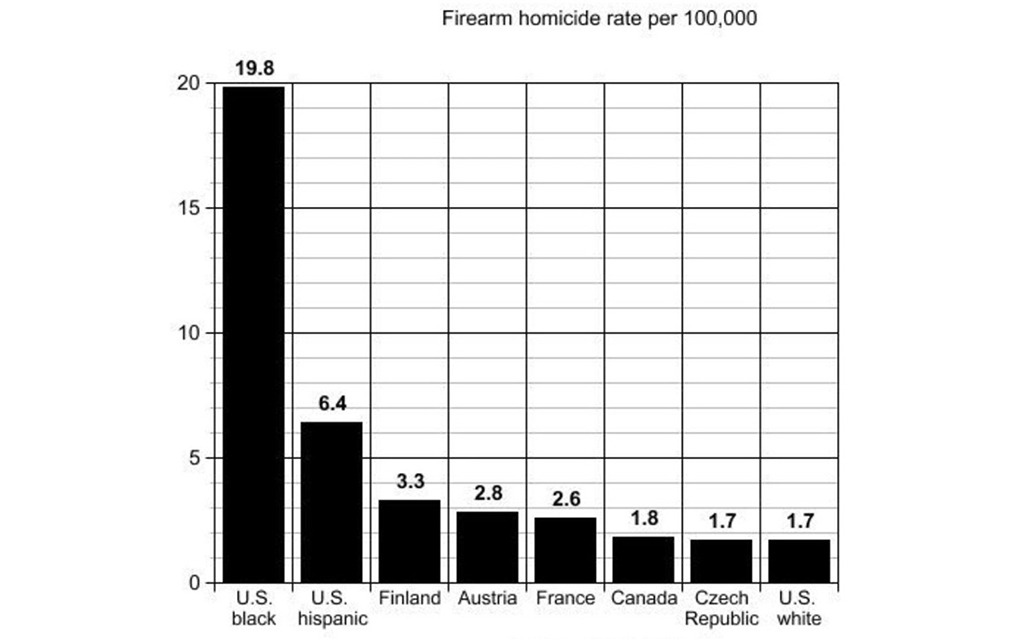
(Spoiler: It’s sorta right, sorta not.)
Math
We begin by picking a year. I’m going to pick 2019 for several reasons. First, it was the last good year the FBI has data on, because they changed their data collection scheme in 2020 to make it so burdensome that half the police agencies in the country stopped giving them data. Second, 2020 was an outlier year, with the Floyd riots, “defund the police,” and “all cops are bastards” leading to a reduction in policing and a commensurate crime spike. Third, the residual effects of all that awful 2020 behavior haven’t abated, so 2019 is the last best year for an honest comparison.
Expanded Homicide Data Table 6 from the FBI website gives us our starting point. Caveats: This table only includes cases where some racial data was known by law enforcement, so if a homicide occurs where the FBI has no information about offender or victim it’s excluded from the table. It’s also only of single victim/single offender incidents, which would exclude multiple victim shootings. Because of those two things, we’re going to have to do some careful extrapolation.
Table 6 has 6,578 homicides, which fit the criteria for inclusion. If we presume the ratios exhibited in this table properly extrapolate to the total sample of 16,425 U.S. murders in 2019 and do that extrapolation, this is what we get:
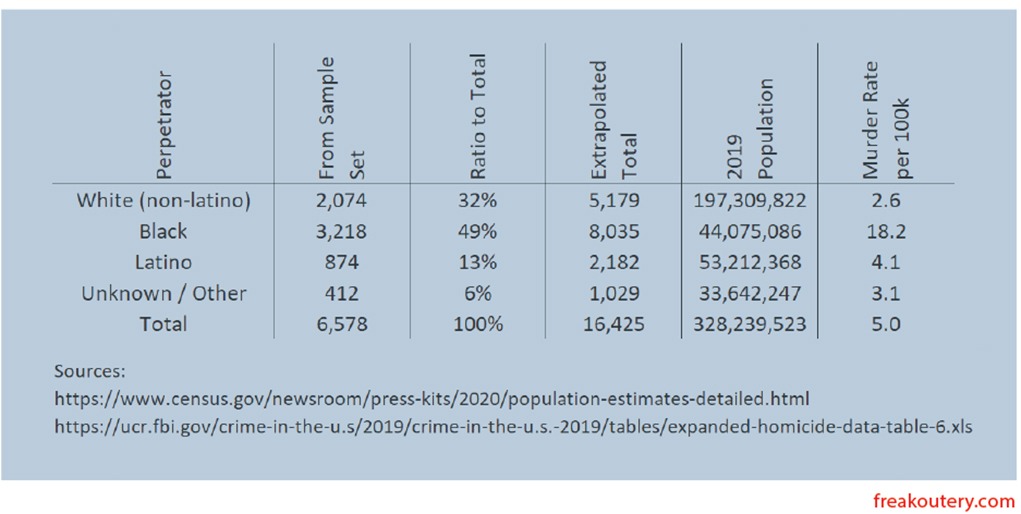

(Note: For this and all other calculations in the article, I took Latinos out of the white bucket instead of out of the Black or unknown buckets, which is probably an OK assumption but not a perfect one.)
This isn’t the exact number from the mysterious Twitter graph, but it’s curiously close. If we use 2019 numbers to replicate the Twitter graph’s nation sample, we get this:
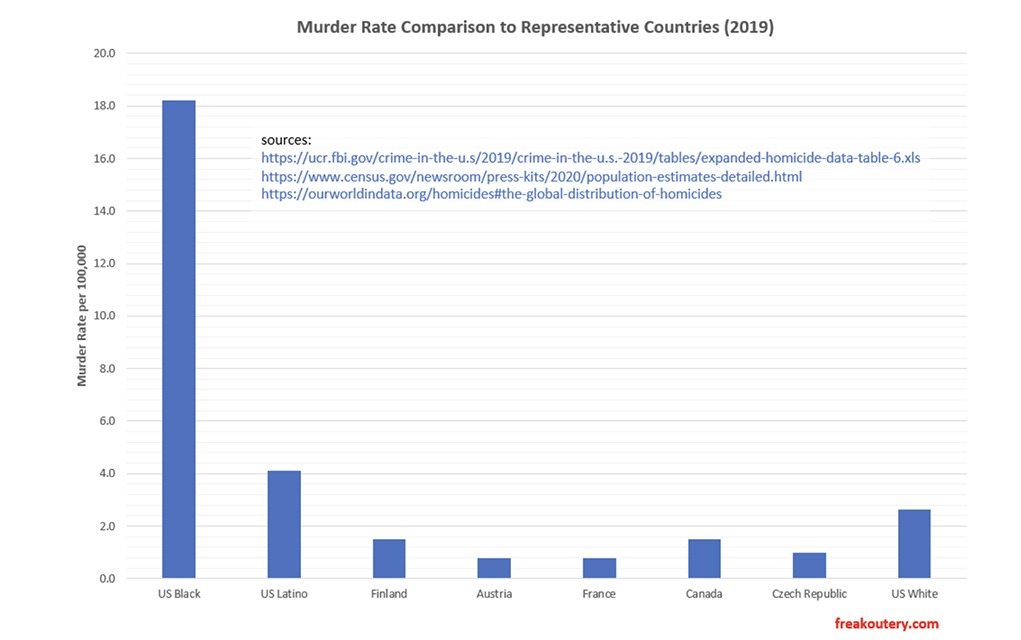

My calculation yields different but similar results.
It looks to me as if the chart I raked from Twitter is not accurate, but it’s similar. It seems that chart probably took homicide rates for other countries from the 1990s and rates for the USA from around 2014 as a way to cook the numbers. But the difference between the U.S. white homicide rate and U.S. Black and Latino homicide rates is tremendously stark.
The U.S. white murder rate is comparable to that of the World Bank High Income nations. The U.S. Latino murder rate is comparable to that of the World Bank Lower Middle Income Nations. The U.S. Black murder rate is double the World Bank Lower Income nations and also more than double Africa. But as high as it is, it doesn’t approach the murder rate in most of the rest of the Western hemisphere to the south of the USA. Mexico is worse than Black America, Brazil is worse than Mexico, and El Salvador is the nuttiest war zone of them all, almost tripling Black America.
Further, we know that murder rate doesn’t correlate in any way with gun ownership rate by race in the United States, because Black folks own the fewest guns.
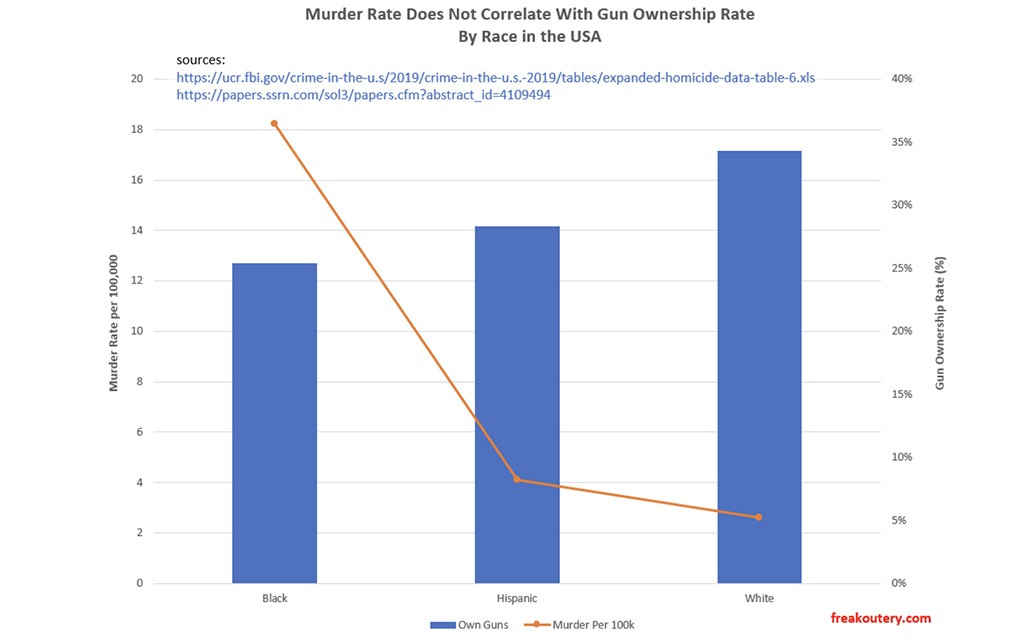

Note: While Black gun ownership has increased since 2020, ownership rates expressed here are from a 2022 survey so are conservative in supporting this case.
What do we take away from this, in convenient 280-character Twitter worthy snippets?
1. If U.S. Black and Latino murder rates were the same as U.S. white murder rates, then the United States would have the same murder rate as our economic peer nations even with 400 million guns in circulation.
2. Whites own more guns per capita than Black folks or Latinos, and there’s an inverse correlation between ownership and murder across those demographics, so “it’s the guns” isn’t explanatory for the murder rate differential in these populations.
3. The racist hot take of “it’s genetic” is also not explanatory, because U.S. Black Americans more than double the sub-Saharan Africa murder rate, and Latin America south of the border is almost six times more murderous than the Latinos here.
It’s not the guns. It’s also not the genetics. So, what is it?
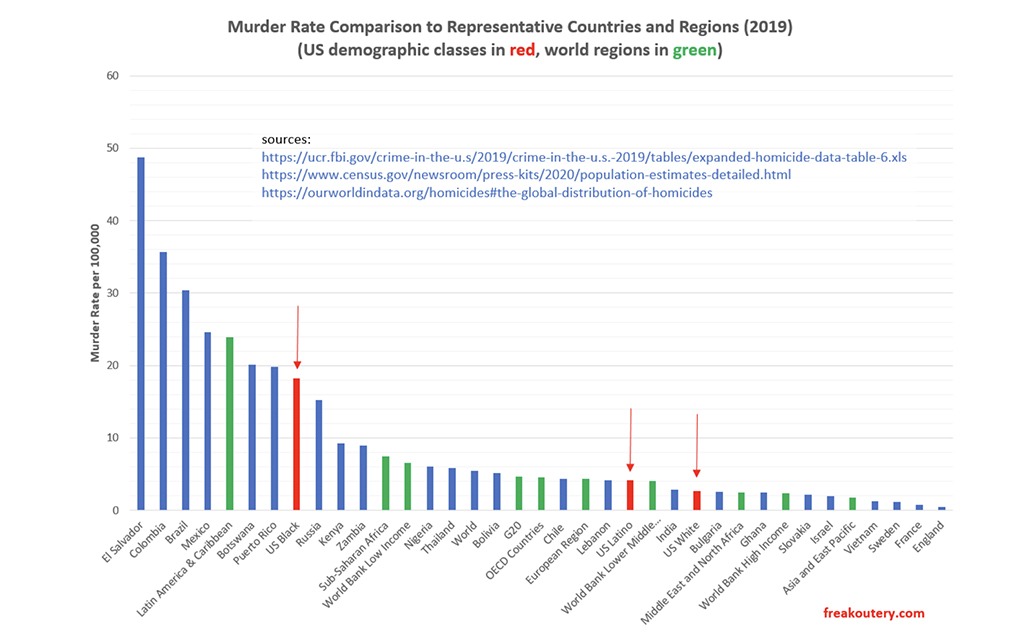

Economics?
Unfortunately, it’s not the economics either, at least not in the United States.
If we take the very crude and direct method, we do see that murder rate falls as average income rises in the United States, but the relationship is steeply nonlinear, and we only have three data points.
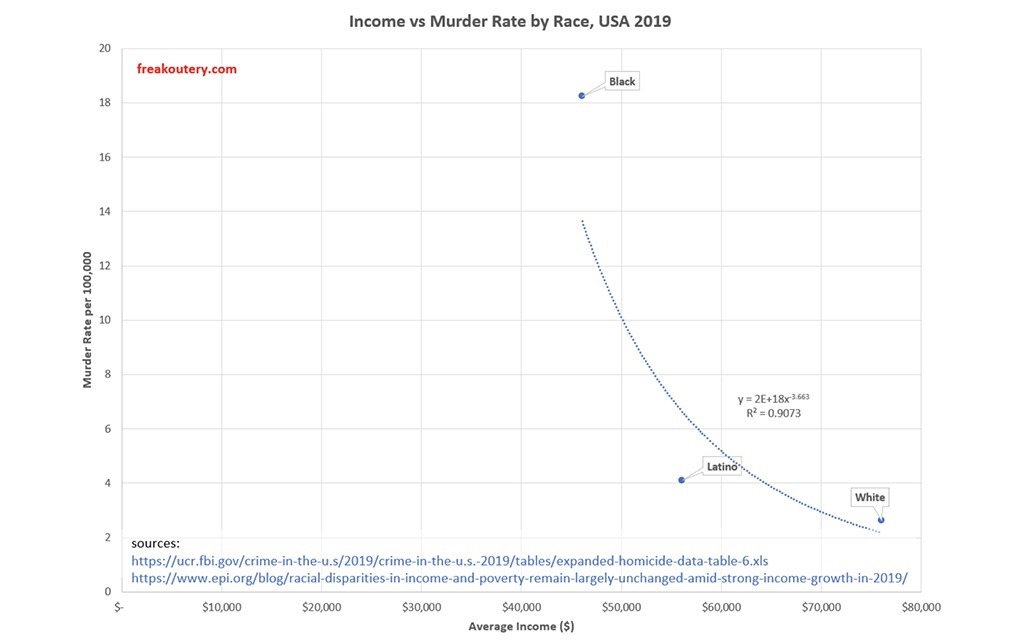

You’re going to have a very hard time convincing me that a class of folks in the United States who only make $25,000 per year are going to have a murder rate of 155, so the crude analysis fails. Thankfully, Random Critical Analysis did a lot of this heavy lifting for us in 2015, by analyzing county level data:
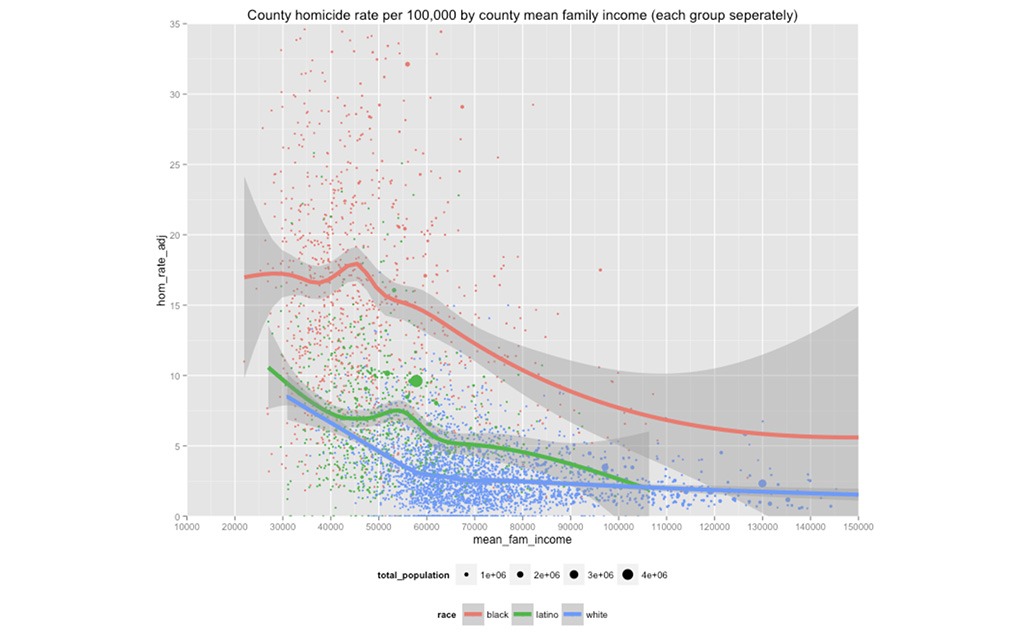

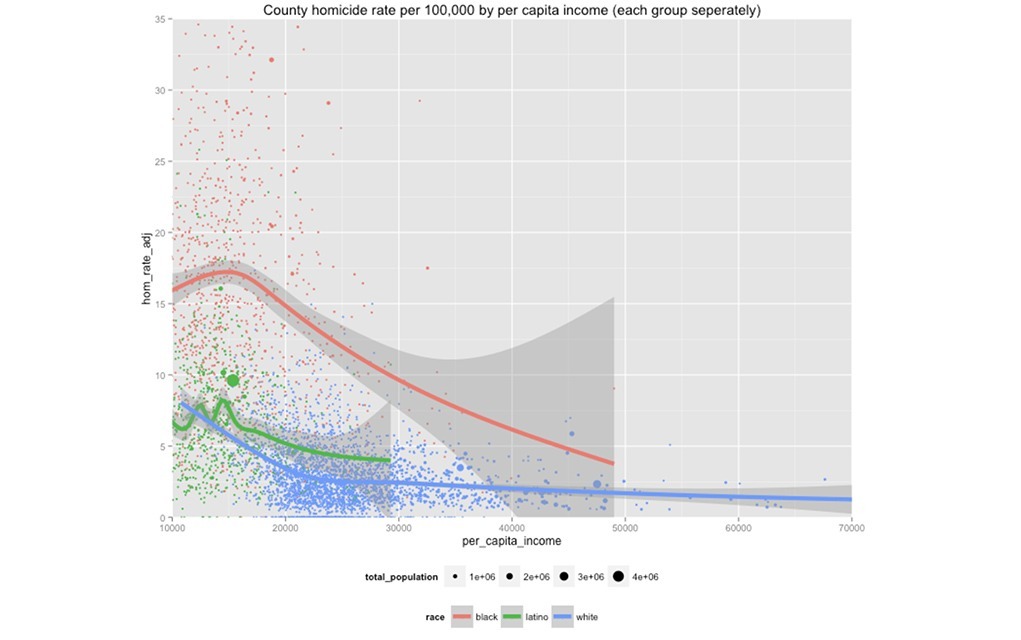

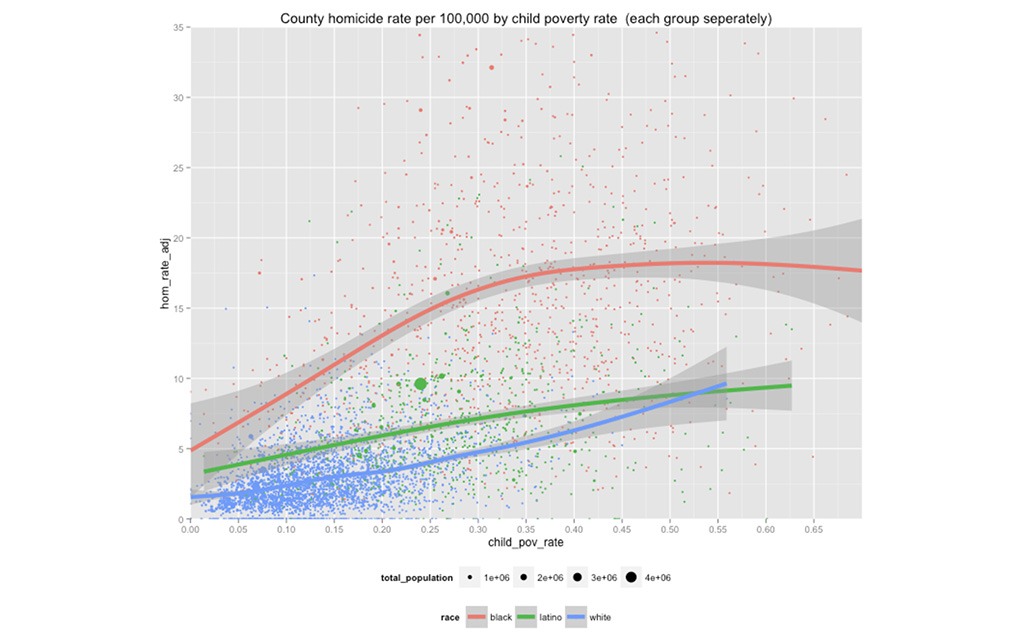

He states, after presenting dozens of similar graphs to cover every possible economic marker available:
By now I think it should be pretty clear that the economic conditions of each group are not particularly strong predictors of their victimization rates and that they certainly don’t come close to closing the white/Black gap. Even poor “white” counties have homicide rates quite a bit lower than affluent “Black” counties with low poverty rates.
I’d also note, after perusing these graphs in some detail, that white and Latino homicide rates tend to converge as the areas get poorer. So, what is it? He identifies one major factor on regression analysis which ties all three of these groups together.
Boys Without Fathers
This is your money graph, from the Random Critical Analysis research:
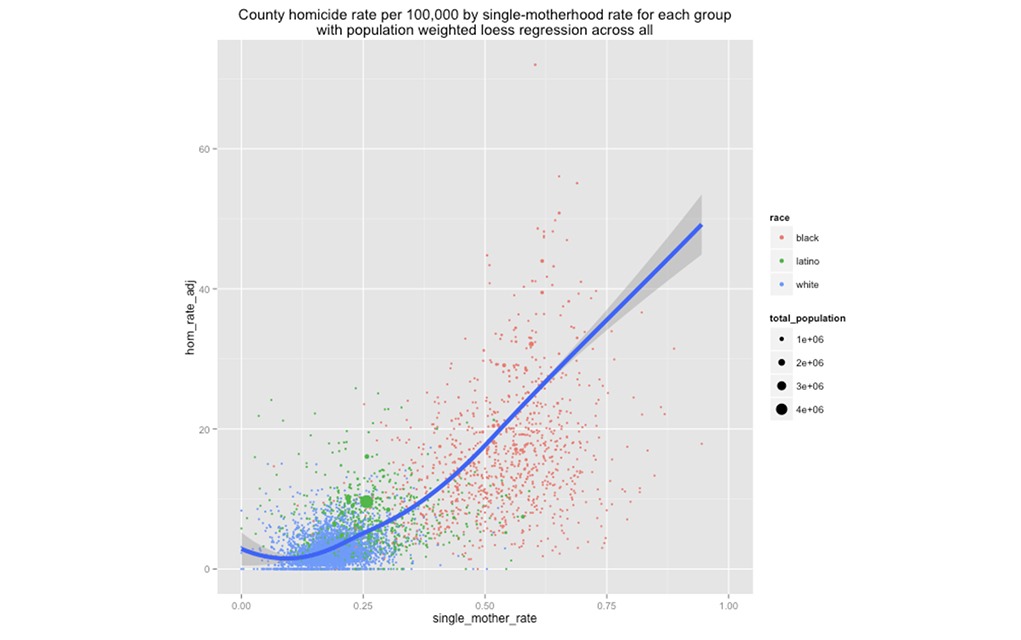

It’s all about single moms and boys with no fathers.
He analyzed the following:
- Median family income
- Mean family income
- Median household income
- Mean household income
- Per capita income
- Family poverty rate
- Child poverty rate
- Median worker earnings
- High school graduation percentage
- Bachelor’s degree percentage
- Unemployment rate
- Labor force participation rate
- Median home value
- Median gross rent
- Percentage renting
- Home ownership percentage
… and found nothing as predictive as single mother rate.
He goes on to note that single motherhood is higher in the Black community than other communities and isn’t predicted by income or other economic factors, even though the relationship between single motherhood and economics is very close for the white and Latino populations.
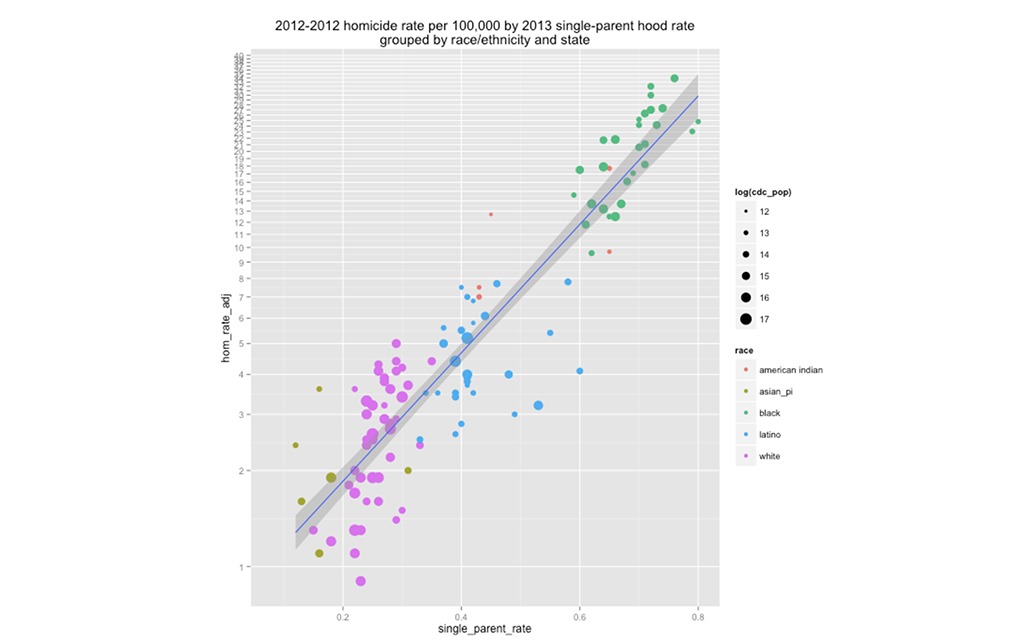

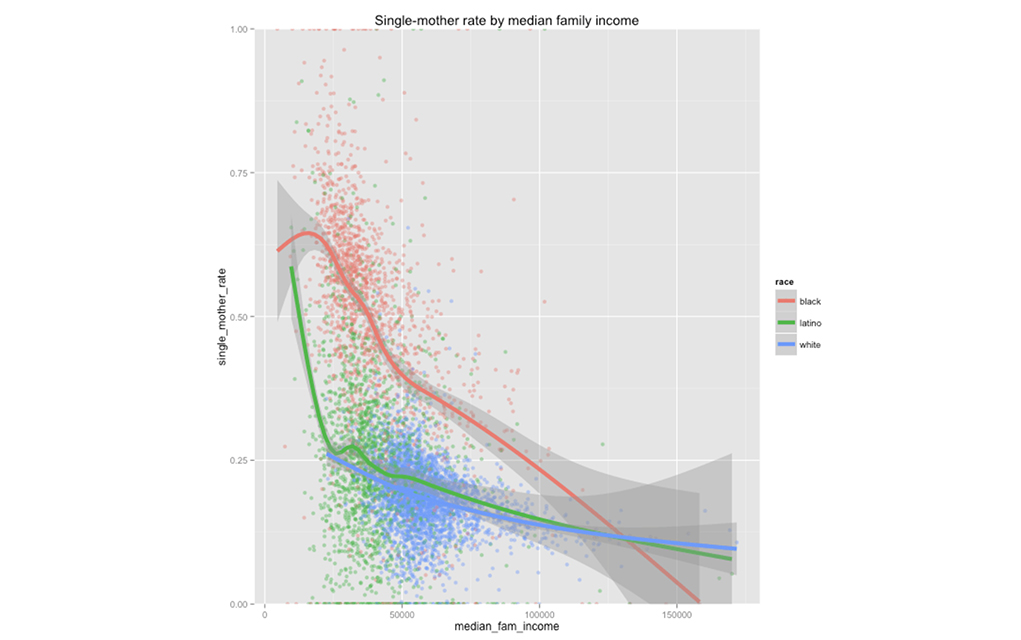

Conclusion
Sound mathematical analysis indicates that if we want to reduce murder rates in the United States, we must do two things:
1. Increase the ratio of families with a father present across all racial demographics, and,
2. Figure out why Black families are disproportionately likely to have no father present as compared to other racial demographics and fix that.
That’s the solution to homicide. The answer screams at you from the numbers. Families matter.
Did modern feminism and no-fault divorce increase the number of single mothers? Possibly. Is the increase in single motherhood in the country related to falling religiosity? Assuredly. Did falling religiosity disproportionately affect the Black community? Possibly. Are there cultural pressures within the Black community that leave more Black women without men in the house to help raise children? Possibly. Are those exacerbated by disproportionate incarceration, the prison industrial complex, and the school to prison pipeline? Assuredly. Are they exacerbated by the drug war, by distrust of police in the Black community, and by Black men and boys resolving disputes directly in honor-culture style duels instead of through official channels that they don’t trust? Assuredly.
Could societal messaging praising traditional family units instead of praising go-it-alone mothers help? Possibly. Could similar messaging praising faithful fathers also help? Possibly. Could prison reform, enforcement reform, and drug law reform help? Assuredly. Could a revival of Black community churches or similar institutions help, as both a way to strengthen Black families and provide alternate dispute resolution for beefs? Assuredly. Should liberal organizations campaign to end the family unit? Assuredly not.
Would it help if the Black community trusted the police and courts as an honorable and fair arbiter of disagreements, so they no longer resolved them in combat as honor cultures often do? Yeah, but how the hell do we do that?
How do I, a rural white dude banging away on a keyboard, affect any of this stuff?
This is the hard work nobody’s doing. This is the hard discussion nobody’s having. This is why nothing gets fixed. This is why Moms Demand Action makes all the money and nobody’s ever heard of Black Fathers Matter. Because the latter organization doesn’t exist, and if it did, the rich white female Brady Campaign donors wouldn’t donate.
“It’s the guns.” Yeah, right.
Editor’s Note: This article originally appeared in the August 2024 issue of Gun Digest the Magazine.
More Knowledge For The Armed Citizen:


Next Step: Get your FREE Printable Target Pack
Enhance your shooting precision with our 62 MOA Targets, perfect for rifles and handguns. Crafted in collaboration with Storm Tactical for accuracy and versatility.
Subscribe to the Gun Digest email newsletter and get your downloadable target pack sent straight to your inbox. Stay updated with the latest firearms info in the industry.



